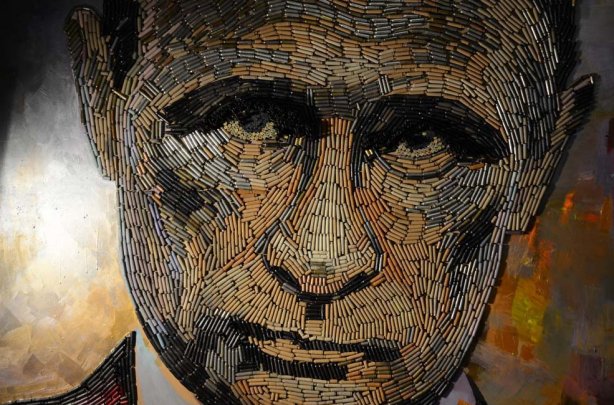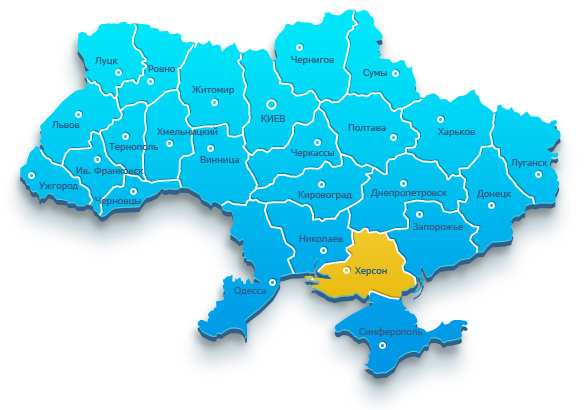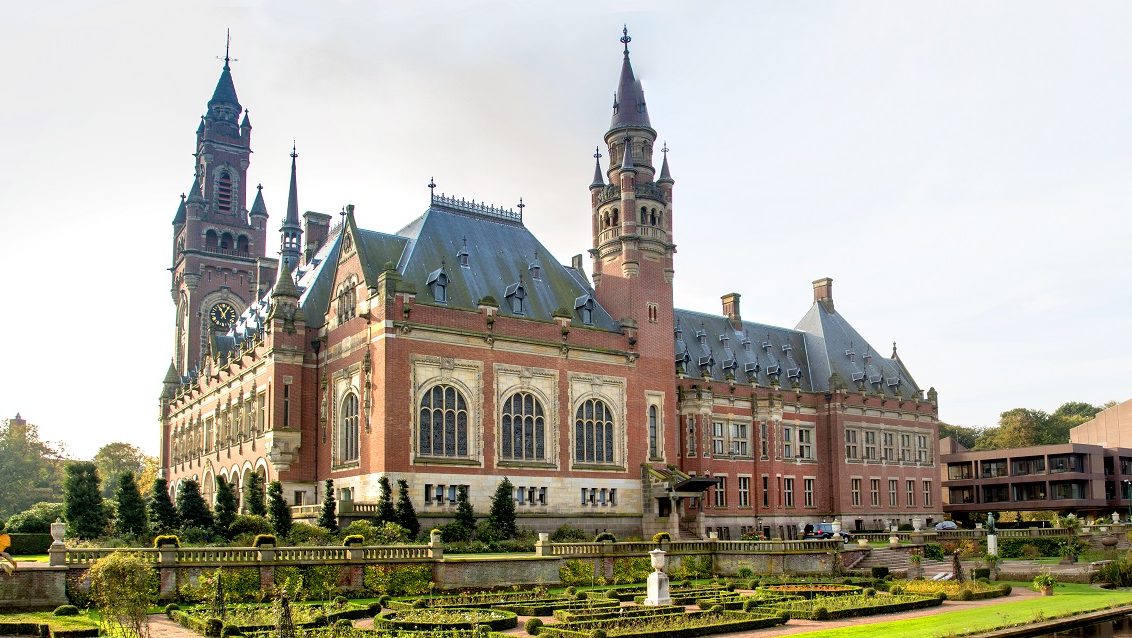The International Crisis Group (ICG) recently published the report “Peace in Ukraine I: A European War” which recommends Europe to engage Russia in discussions of European security while “adjusting the current sanctions regime to allow for the lifting of some penalties if Russia contributes to real progress toward peace.”
ICG argues that the West has “sought to compel Moscow to back down mainly through the use of sanctions,” which Russia sees “as another instance of Western aggression” or “punitive strategy.” Additionally, ICG maintains that the “historical record of sanctions in general, as well as those imposed on Russia to date, indicates that they are unlikely to end this war.”Recognizing that the gap between what Russia says and does is as vast as the gap between lie and truth
The presented Russian view on sanctions is correct inasmuch that it reflects the narrative coming out from Kremlin. This is, however, a part of the Kremlin's everlasting influence operation and does not reflect the realities on the ground.
Recognizing that the gap between what Russia says and does is as vast as the gap between lie and truth, any recommendation promoting peace initiatives should be based on Russian actions, not its narrative.
One cannot ignore Russia's evolving Hybrid War
Conceptualizing Hybrid War is crucial in order to understand the extent of Russian aggression.
- Continuously evolved its aggression against Ukraine, including:
- the illegal annexation, as well as continuous militarization and humanitarian violations in Crimea;
- the armed conflict in eastern Ukraine and the creation of new permanent military formations along the Ukrainian border;
- the downing of MH-17,
- the maritime blockade in the Sea of Azov and attack on the Ukrainian Navy;
- the ongoing attempt to destabilize Ukraine from within using non-military means; - Become involved in war crimes during the indiscriminate bombing of civilians in Syria;
- Launched an ongoing “borderization” in Georgia, gradually reducing the territory of Georgia;
- Attempted to orchestrate a coup in Montenegro (2016);
- Assassinated (or made attempts to) Russian individuals in the United Kingdom (using a military-grade nerve agent, Skripal, 2018) and Germany (Zelimkhan Khangoshvili shot in Berlin 2019).
- Conducted multiple cyber-attacks against a number of Western nations like Denmark, Estonia, France, Georgia, Germany, Italy, Netherlands, Norway and Ukraine, the United Kingdom and the United States;
- Attempted to meddle in past and present referendums and elections in a number of Western nations like the Czech Republic, France, Italy, Germany, Netherlands, Spain, United Kingdom, the United States;
- Continued its influence operations against a number of Western nations like France, Germany, Sweden, Ukraine, United Kingdom, and the United States, aimed at undermining political processes and increasing polarization in Europe and NATO (In 2018, 85% of Europeans believed that “fake news” is a problem for their country and 83 percent felt that its impact on democracy, in general, was a problem); and
- Continued its ongoing militarization of the Arctic while imposing restrictions on the freedom of navigation of both military and commercial vessels through the Northern Sea route, threatening the use of force in case of no compliance.
Dialogue and sanctions are perceived as an inevitable part of the Western strategy. While Russia sees negotiations as a sign of weakness, it has effectively used the window of opportunity they offered. Russia has modernized, trained, and exercised its Defence and Security Sector to a level that made FOI, the Swedish Defence Research Agency, conclude that “Russia trains for war.” The assessment is echoed by NATO.
Western sanctions have not succeeded in stopping Russia's aggression against Ukraine. More importantly, they have not even stopped Russia from extending the Hybrid War across the Western hemisphere.The idea of lifting sanctions is ludicrous in view of both Western messaging and Russia’s aggressive posture.
Despite this, the idea of lifting them is still ludicrous in view of both Western messaging and Russia’s aggressive posture.
This will most definitely embolden Russia for further aggressions. As the West is already a target of Russia's malignant behavior, any concessions will be seen as a capitulation to both the Russian narrative and its malicious behavior. According
to former ambassador John Herbst, the
“clear lesson is that concessions, or at least premature concessions, are not going to promote peace in eastern Ukraine.”
The real value of sanctions
The sanctions are assessed to have reduced the Russian GDP by 1 to 1.5% yearly, reducing the economy by 7-8% since 2014. If sanctions are lifted it would allow for both transfer of knowledge and technology as well as the strengthening of the economy of an aggressive nation.
Why anyone would suggest that this would bring peace and stability to Europe is utterly bewildering.
As a former colleague said:
“Every time Russia is economically strong, it is also militarily aggressive. Do we really want to strengthen its economy?”
Which leads me to my second major concern about the report. In the article “Why appeasing Putin in Ukraine won’t work,” professor Paul D’Anieri argues that there are
“two competing visions for the Europe of the future. The Western vision focuses on the right of each state to choose its orientation. The principle that one country cannot veto the choices of another is at the core of this worldview. The Russian vision, based on the logic of the nineteenth century Congress of Vienna and the twentieth century Yalta Conference, divides the continent into spheres of influence in which great powers dominate their neighbors. In the Western view, peace is built upon norms, rules, and laws. In the Russian view, peace depends upon mutual respect for power.”
” is not only a part of the Russian influence operation but also an essential part of its vision for “Europe of the future.” The argument focuses on the “blocks,” ignoring the right of each state to choose its orientation.
The border between liberal democracy and autocracy has undeniably been moving eastwards since 1991. That is, however, a result of Russia’s former and reluctant “friends” turning their back to Russia as soon as opportunity allowed. They applied for membership in the EU and NATO, choosing democracy over totalism.Russia is not being challenged. It is being abandoned.
Russia is not being challenged. It is being abandoned. That process can only be reversed by Russia becoming more attractive than the West.
Everything old is new again
The ICG report is yet another in a series of academic works that recommend a new “old” security architecture based on the Russian perception of the world order.
The statement that “In the longer term, progress in security dialogues almost certainly would make peace in Ukraine more sustainable” sounds hollow because of its underlying messaging: (1) Ukraine will not join the EU or NATO anytime soon; (2) the country is split on the question about future membership in either of the organizations, (3) Crimea will remain Russian and (4) opposition to President Zelensky’s peace initiatives is either right-wing or more moderate supporters of the former president. Additionally, the report lists Ukraine’s ambition to join the EU and NATO as a part of Russian security concerns.Recommending dialogue after several decades of continuous dialogue seems initially both irrelevant and naive
ICG recommends Europe to
“engage Russia in discussions of European security, including regional and sub-regional arms limitations. They should also consider adjusting the current sanctions regime to allow for the lifting of some penalties if Russia contributes to real progress toward peace.”
Recommending dialogue after several decades of continuous dialogue seems initially both irrelevant and naive.
The terms and conditions for the recommendations are, however, highly problematic because:
a) be based on the Russian vision of international security in which it as a “great power” claims it is entitled to a sphere of influence and therefore, the right to dominate its neighbors.
If we accept the argument, we also accept a review of the post-Cold War security structure in Europe. As John Herbst put it,
“that order has been based on two documents that Moscow signed, the Helsinki Final Act of 1975 and the Paris Charter of 1990. Those documents state plainly that relations between states should be based on the principles of self- determination, territorial integrity, the right of each state to determine its own political and economic systems, and to choose its own allies and trading partners, and the unacceptability of resolving international disputes by coercion and war.”
b) not consider the concerns of the “in-between states” and victims of the Russian aggression, in direct conflict with the two mentioned documents;
c) take place despite Russia denying any involvement or responsibility, rendering any dialogue irrelevant.
2. sanctions are being called to be gradually lifted as an incentive for if Russia to contribute to progress toward peace, ignoring the fact that:
a) aggressions started despite the EU and Russia already building a strategic partnership, covering, among other issues, trade, economy, energy, climate change, research, education, culture, and security, including counter-terrorism, nuclear non-proliferation and conflict resolution in the Middle East, until 2014, and:
b) the Russian aggressions have escalated after the sanctions were introduced.
ICG recommendations are counter-effectual
If Russia lacked incentives for upholding peace and stability in 2014, why should a return to the same level of cooperation and partnership in 2020 change its malignant intent? Especially since its Hybrid War – the parallel and synchronized use of both military and non-military means - have proven effective in elevating Russia to a “great power” status.
The West must not adapt to the Russian vision of a new international security architecture and, consequently, the Russian right to dominate its neighbors.
The Ukrainian population has decided Ukraine’s path. Lasting peace is not possible without taking due consideration of their demands and expectations. Never. Peace cannot be settled as a part of grand bargaining. ICG's recommendations would lead to the exact opposite result of what it claims to be aiming for.
It is time for the West to demonstrate true integrity and defend its core values and principles. If the West genuinely believes in the right of each state to choose its orientation, it is indeed time to strengthen, not lift the sanctions. It would be utterly senseless to contribute to the strengthening of a nation at (hybrid) war with the West.
Read also:
- While nobody is watching, COVID-19 may allow Russia to crush Ukraine
- What if? Hybrid War and consequences for Europe (part 1)
- The basis for a peaceful resolution of the war in eastern Ukraine





